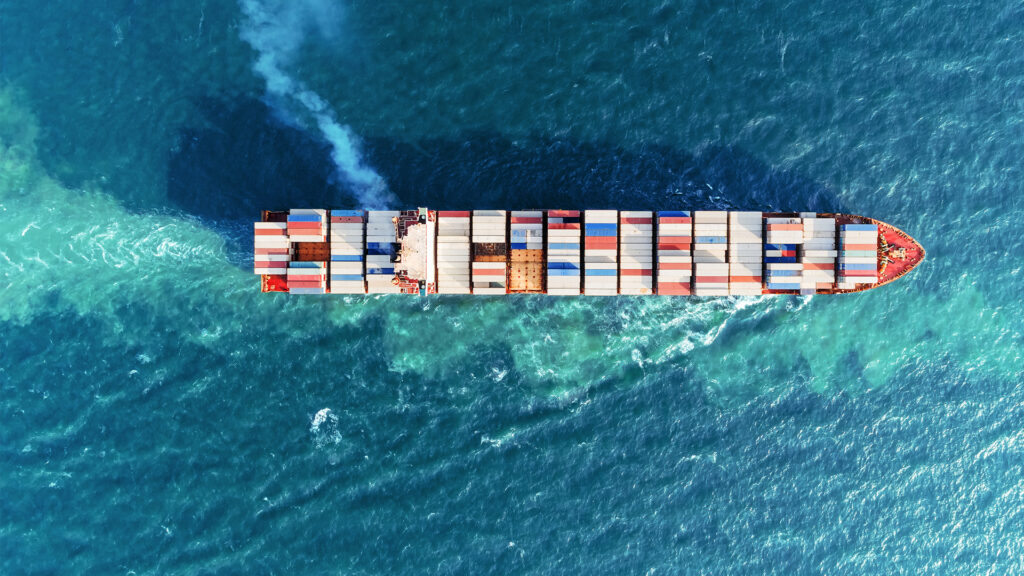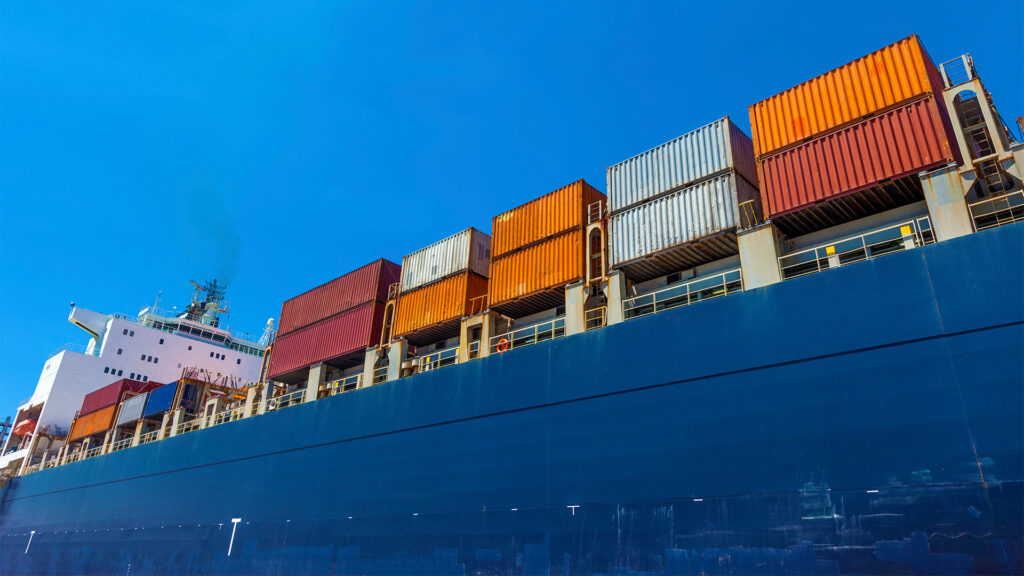Industry viewpoint: Charterers may have to pay hire on arrest of their chartered vessel
This Article first appeared on 17 April 2014 in Lloyd’s List and is reproduced with permission. www.lloydslist.com
In a judgment of some significance to the bulk shipping market, the English Court of Appeal last week confirmed that charterers must continue to pay hire upon the arrest of their chartered vessel if the arrest was attributable to actions by anyone acting as their “delegate”.
The case, NYK Bulkship (Atlantic) N.V. v Cargill International S.A., arose out of an unloading delay suffered by the m/v “Global Santosh” at Port Harcourt, Nigeria in 2008. The sellers of the cement on board the bulker obtained an order preventing discharge of the cargo (and also, albeit by mistake, the arrest of the vessel) to secure their claim for demurrage against their cargo receiver buyers. The vessel was detained for about a month, during which time the charterers ceased paying hire.
The charterparty contained an additional off hire arrest clause which provides that hire is suspended where the vessel is arrested, unless the arrest is caused by the charterers “or their agents”. The issue for the Court was who counts as an agent in this context.
The charterers in this case argued that it was only when those lower down the charterparty chain (sub-charterers, and even cargo interests) did something that was ultimately the charterers’ responsibility under the charterparty (such as cargo operations) that the exception to off hire whilst under arrest kicked in – in the Court’s language, when the charterers’ delegate (sub-charterer or cargo interest) was performing a delegated task.
Not so, thinks the Court of Appeal. They say there is no reason to limit the proviso only to when the charterers’ delegates are performing a delegated task. All that is required is for a party down the chain to do something – in the course of the vessel’s normal trading – which leads to the arrest or detention of the vessel and the charterer loses the protection of the off hire arrest clause.
In this case, the Court held that both the sellers who obtained the arrest (who were also understood to figure somewhere in the charterparty chain), and the cargo receiver buyers, who were responsible for unloading, were the charterers’ delegates. It did not matter that by arresting the cargo/vessel, or by failing to pay demurrage, the sellers and receivers, respectively, were clearly not carrying out anything akin to the charterers’ delegated obligations. In reaching its decision, the Court construed the relevant clause in line with a general commercial expectation that charterparties allocate risk between owners and charterers depending on whether an issue falls on the owners’ or charterers’ “side of the line” (a phrase used by the Court of Appeal in The Doric Pride case). Where an arrest is caused by matters on owners’ “side of the line”, or by the acts of unconnected third parties (port authorities, for example), then the vessel is off hire. Where, however, an arrest is caused by the actions of a party down the charter string, because these ultimately arise, says the Court, from the charterers’ own trading arrangements for the vessel, payment of hire must continue.
It is not too difficult to imagine why charterers may baulk at this outcome. In commercial terms, it may seem unreasonable to a charterer that the actions of an essentially unrelated third party mean that hire must continue to be paid whilst the charterers’ own business is frustrated.
There may also be an issue from a contractual point of view. Under clause 18 of the standard NYPE time charter, charterers must not suffer or permit any lien or encumbrance over the vessel incurred by themselves “or their agents”. The Court’s broad definition of the charterers’ “agents” may apply to this clause. If so, then charterers may be obliged to put up security to release a vessel arrested by reason of a claim against or by their sub-charterer, in a dispute that has nothing do with the charterer, and be faced with still having to pay hire.
Although owners are likely to be pleased, it is perhaps open to question whether the Court’s decision truly reflects the bargain intended to be struck between owners and charterers, and whether charterers will routinely accept the potential for such open-ended liability. The market will no doubt be watching developments in this area closely, and charterers may well be hoping that the point is looked at again by the Courts before too long.
Brian Perrott is a Partner, and Ian Mathew is an Associate, at Holman Fenwick Willan, an international law firm advising businesses engaged in international commerce.
For more information, please contact Brian Perrott, Partner, on +44 (0)20 7264 8184 or brian.perrott@hfw.com or Ian Mathew, Associate, on +44 (0)20 7264 8035 or ian.mathew@hfw.com, or your usual contact at HFW.
Download a PDF version of ‘Industry viewpoint: Charterers may have to pay hire on arrest of their chartered vessel’











